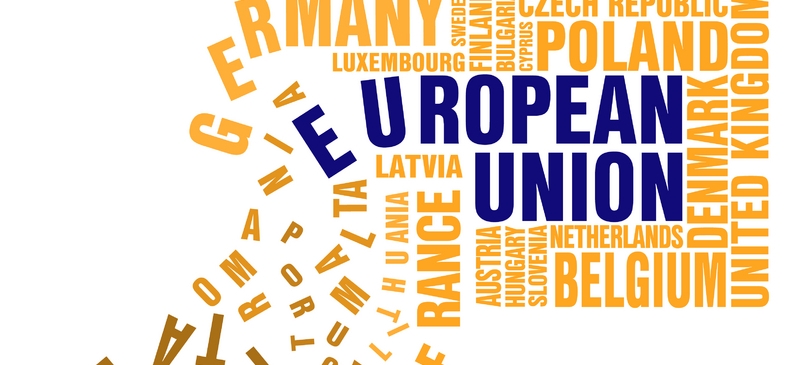
Europe must keep its 'soft power'
In the aftermath of the French rejection of the European Union constitution, on the eve of the Dutch referendum and amid political uncertainty in Germany, there is a growing risk that the EU will start to backtrack on its commitment to continued enlargement.
Yet, in recent years, Europe has prided itself on the perceived success of its so-called "soft power".Indeed, there is no way to explain the swift and smooth transformation of societies from Estonia to Bulgaria without referring to both the magnetism of the EU and the model it was able to provide. Hard power can certainly bring down regimes, as Iraq demonstrated, but in order to build new regimes, soft power is largely required.
But there is now a serious risk that Europe will curb its soft powers just when they are perhaps most needed. Such a development would have grave consequences for the stability of the wider region.
The debate is mainly about Turkey. In France, Jacques Chirac, the president, has talked about Turkish membership being two decades or so away, and Nicolas Sarkozy, leader of the ruling UMP party, makes no secret of his opposition to the entire idea. In Germany, there is pressure on the Christian Democrats to turn the coming election campaign more or less into a referendum on Turkish membership of the EU - just ahead of the start of accession negotiations in October. But the coming enlargement must cover all of south-eastern Europe. It is here that Europe's soft power is so urgently needed, in order not only to secure the continued European reformation of Turkey but also the reconciliation and reintegration of the war-torn societies of the Balkans.
Let us be clear: without the soft power of EU enlargement, neither of these processes has much prospect of going forward and the risk of backsliding is very real. In both cases, the prospect of membership has been declared time and again by the EU. If the Union is seen as pulling away from its commitment to enlargement, it should be no surprise if these societies start to backtrack on their commitment to European values and stability.
The French referendum result was warmly welcomed by the Serb ultra- nationalist Radical Party, which noted that Serbia no longer had reason to "mindlessly meet every demand from Europe". Ultra-nationalists throughout the region certainly joined in the jubilation. A decade after the Srebrenica massacre, there are still serious issues in the Balkans. Kosovo remains an open wound. Reconciliation has a long way to go in most of these societies.
Carl Bildt is former prime minister of Sweden
With the status of Kosovo on the negotiating table in the coming year, the challenge of resolving this at the same time as the EU is seen as backtracking on its commitment to enlargement could well end in disaster. The waning prospects of a broader and united Europe will give free rein to the forces of nationalism. There will be an acute risk that the hard power of Nato will have to resolve what the failing soft power of the EU has caused.
In many ways, bringing the countries of the Balkans into the EU would be more difficult than bringing in Turkey. State structures are weaker, corruption often rampant, organised criminality a big factor and reconciliation after the conflicts of the past often superficial. Some of this is obvious also in Romania, which has already been given the green light.
There are also elements of all this in Turkey, but far less. And the excellence found in many aspects of Turkish economic, academic and public life is scarcer in the smaller Balkan societies. In both cases, however, the prospect for further reforms is intimately linked to the EU model.
The same applies to Ukraine, which has declared its wish to join the queue of applicant states. Here the road ahead is even longer; what counts, though, is that the road is seen as being there, in order to give direction and stability to the transformation.
If Europe is seen as closing its door to Turkey, the Balkans and the Ukraine, it should know it is opening the door for other forces and risks creating instability on its very doorstep in the decades ahead. Different satellite arrangements, whatever glorious labels they are given, will do next to nothing to compensate as long as that door is closed.
The lesson of the referendum in France and the debates elsewhere is not that enlargement should be abandoned but that it should be anchored in a more open and democratic debate. The failure so far in this respect is much too obvious, notably in the Turkish case but also in others. We cannot go further and faster than the citizens of Europe are prepared to tolerate - but we should recognise the fundamental difference in a capitulation to populism. It is leadership that is called for if abandonment of the soft power of Europe and a slide into instability are to be avoided.
